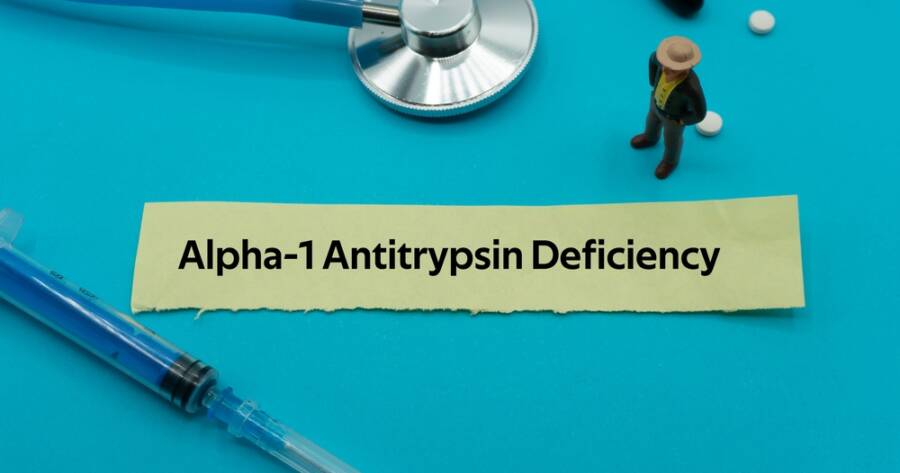Alpha-1 Antitrypsin Deficiency (AATD) is a genetic condition that can lead to serious lung and liver complications. Struggling to breathe? With the right knowledge and support. you can reclaim your breath and breathe easier.
What is AAT Deficiency?
AATD is a hereditary condition caused by a deficiency in a crucial protein called Alpha-1 Antitrypsin (AAT). This protein acts as a protective shield for the lungs, safeguarding them from the damaging effects of enzymes released by white blood cells during inflammation. Without adequate AAT, the lungs become vulnerable to progressive damage, leading to shortness of breath, wheezing, and a persistent cough.
AATD primarily affects the lungs, but its insidious nature can also extend to the liver. In some individuals, the deficiency can cause liver cirrhosis and, in severe cases, even liver failure. Early detection and intervention are paramount to managing AATD effectively and preventing irreversible damage to these vital organs.
Exploring the Most Effective AAT Treatment Options
While AATD remains an incurable condition, there are several treatment options available to alleviate symptoms, slow disease progression, and improve overall quality of life. These treatments include:
- AAT Replacement Therapy: This groundbreaking therapy involves the infusion of purified AAT protein into the bloodstream. By replenishing the deficient protein, AAT replacement therapy can help protect the lungs and liver from further damage.
- Bronchodilators: These medications relax the muscles lining the airways, making breathing easier. Bronchodilators are often used in conjunction with AAT replacement therapy to provide symptomatic relief.1
- Anti-Inflammatory Medications: As inflammation plays a significant role in AATD, anti-inflammatory medications can help reduce lung inflammation and improve breathing.
- Lung Transplantation: In severe cases where the lungs have sustained irreversible damage, lung transplantation may be considered as a last resort to restore respiratory function.
Lifestyle Changes To Combat AAT Deficiency
In addition to medical treatments, adopting certain lifestyle changes can significantly contribute to managing AATD and promoting overall well-being:
- Smoking Cessation: Smoking is one of the worst enemies of lung health, and it can exacerbate AATD symptoms. Quitting smoking is one of the most impactful lifestyle changes an individual with AATD can make.2
- Regular Exercise: Engaging in regular physical activity can strengthen the respiratory muscles and improve overall lung function. However, it’s essential to consult a healthcare professional before starting an exercise regimen.
- Healthy Diet: Maintaining a balanced diet rich in fruits, vegetables, and whole grains can support overall health and well-being, providing the body with essential nutrients to combat AATD.
- Infection Prevention: AATD individuals are more susceptible to respiratory infections, so taking precautions to prevent infections, such as regular handwashing and avoiding contact with sick individuals, is crucial.
Why You Should Learn More About Alpha-1 Antitrypsin Deficiency
Alpha-1 Antitrypsin Deficiency is a serious condition that can have a profound impact on your respiratory and liver health. If you’re experiencing unexplained shortness of breath, wheezing, or a persistent cough, it’s essential to seek medical advice and learn more about AATD. Early diagnosis and proper management can make a significant difference in preserving lung and liver function, improving quality of life, and ensuring a brighter, healthier future. Take the first step towards reclaiming your breath and embark on a journey of discovery today.
